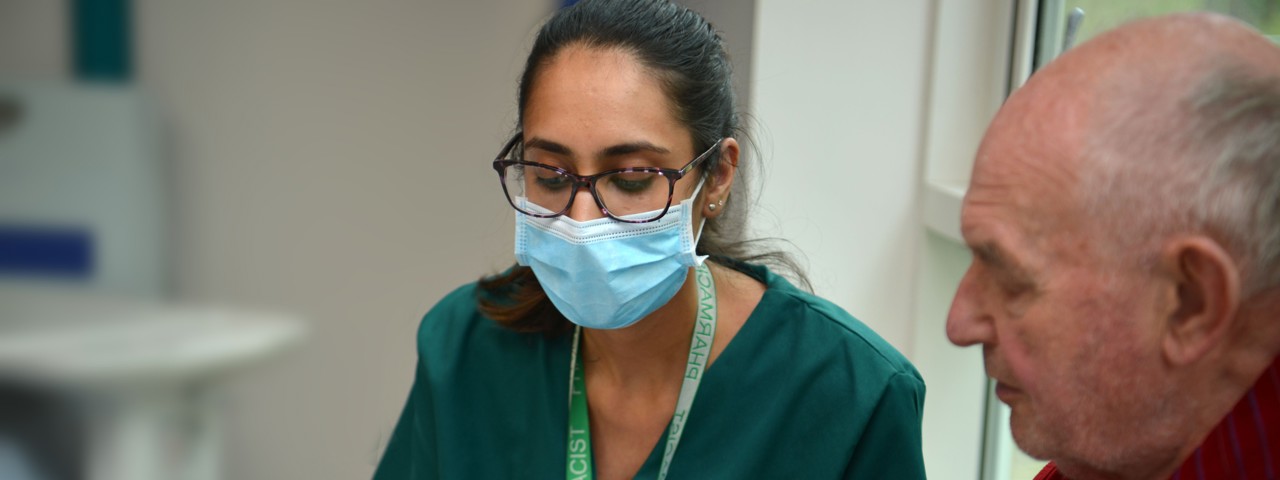Laparoscopic (keyhole) groin surgery for hernia
Information that will help you decide whether to have keyhole surgery to repair your hernia
Read more
Information that will help you decide whether to have keyhole surgery to repair your hernia
Read moreInformation to help you decide whether to have keyhole surgery for gallstones
Read moreThis leaflet gives information on having a laparoscopic (keyhole) sterilisation operation. Please read it before you go home so that you can have any of your questions answered before you leave.
Read moreThis leaflet is for women who have decided to have a laparoscopic (keyhole) hysterectomy (removal of the womb).
Read moreDetails on what will happen during your laparoscopic (keyhole) myomectomy including the risks and the benefits.
Read moreThis leaflet is for women who have been advised to have an ovarian cyst removed by a keyhole operation, known as a laparoscopic ovarian cystectomy. It outlines the risks and benefits of this operation as well as what to expect during your recovery.
Read moreThis leaflet is for women who have been advised to have one or both of their fallopian tubes and ovaries removed by a keyhole operation known as a laparoscopic salpingo-oophorectomy. It outlines the potential benefits and risks of this operation, and explains what to expect during your recovery.
Read moreThis leaflet outlines what will happen during a laparoscopy and dye for patients using the Fertility Clinic.
Read moreYou will have been given this leaflet as we have identified that you may be having a baby that is bigger than average, sometimes referred to as large for gestational age (LGA)
Read moreThis leaflet aims to help women who are having a loop excision under either a local or a general anaesthetic.
Read moreGives advice and exercises to help you get back to full fitness as quickly as possible after your shoulder operation
Read moreExplains what it is and how it can be managed - papillomas are benign (non-cancerous), wart-like growths that occur over the vocal folds in your larynx (voice box) and into the trachea (airway)
Read moreAdvice and exercises following Latarjet repair surgery - a procedure performed where there is bone loss from the front of the shoulder blade due to repeated shoulder dislocations
Read moreInformation for people with latent tuberculosis (TB) that explains how chemoprophylaxis treatment works
Read moreHow to launder patient clothing in order to kill germs and reduce the risk of infection
Read moreExplains what you might expect to happen now that you are well enough to leave hospital but still need care
Read moreExplains what you might expect to happen now that you are going to a care home, either temporarily or for longer term
Read moreExplains what you might expect to happen if you are ready to continue your rehabilitation in a community hospital
Read more